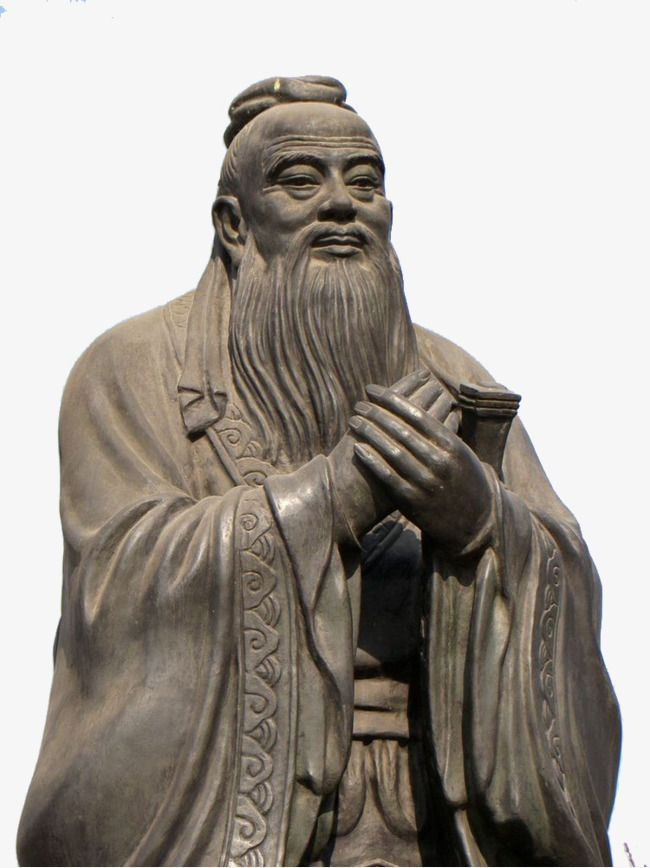Confucianism Origins
Confucianism was founded on the teachings of a Chinese philosopher named Confucius (551–479 BCE). The decaying Zhou Dynasty left a fractured China in its wake. Regional rulers used punishment to enforce laws and inspire loyalty, resulting in a thin web of order in which rulers were frequently assassinated and replaced on a whim.
Confucius was a traveling political advisor who sought to serve in just courts to spread his teachings. His goal was to rekindle faithful adherence to moralistic traditions at all levels of Chinese society. Confucius did not write his teachings and claimed to be a "transmitter who invented nothing".
According to Han Feizi (died 233 BCE), his disciples split into eight schools soon after Confucius's death, each claiming to be the legitimate heir to the Confucian legacy. Each school was most likely affiliated with or inspired by one or more of Confucius's disciples. Nonetheless, the Confucians had little influence in the fifth century BCE.
Although the reverent Yan Yuan (or Yan Hui), the devoted Zengzi, the gifted Zigong, the learned Zixia, and others inspired great enthusiasm among Confucius's second generation of students, it was not clear at the time that the Confucian tradition would emerge as the most powerful in Chinese history. Confucius's ideas were expanded and codified by two influential philosophers, Mencius (or Mengzi) and Xunzi (or Hsun Tzu).
While both believed that man's sense of morality and justice distinguished him from other animals, Mencius espoused the belief that human nature is fundamentally sound, whereas Xunzi, while not opposing Mencius, was slightly more pessimistic about human nature, emphasizing the importance of education and ritual to keep people on the right moral track.
After a brief period of strife during the Qin Dynasty (221-226 BCE), Confucianism reached its pinnacle during the Classical Period's Han Dynasty (206 BCE - 220 CE), when it was made the official state religion. In China, where it competed with Buddhism and Daoism, Confucianism eventually found excellent traction among the upper echelons of Chinese society. Confucius's teachings were preserved in written text in the Five Classics and the Analects, both thought to have been written during the Warring States Period by Confucian students (475 BC - 221 BC).












